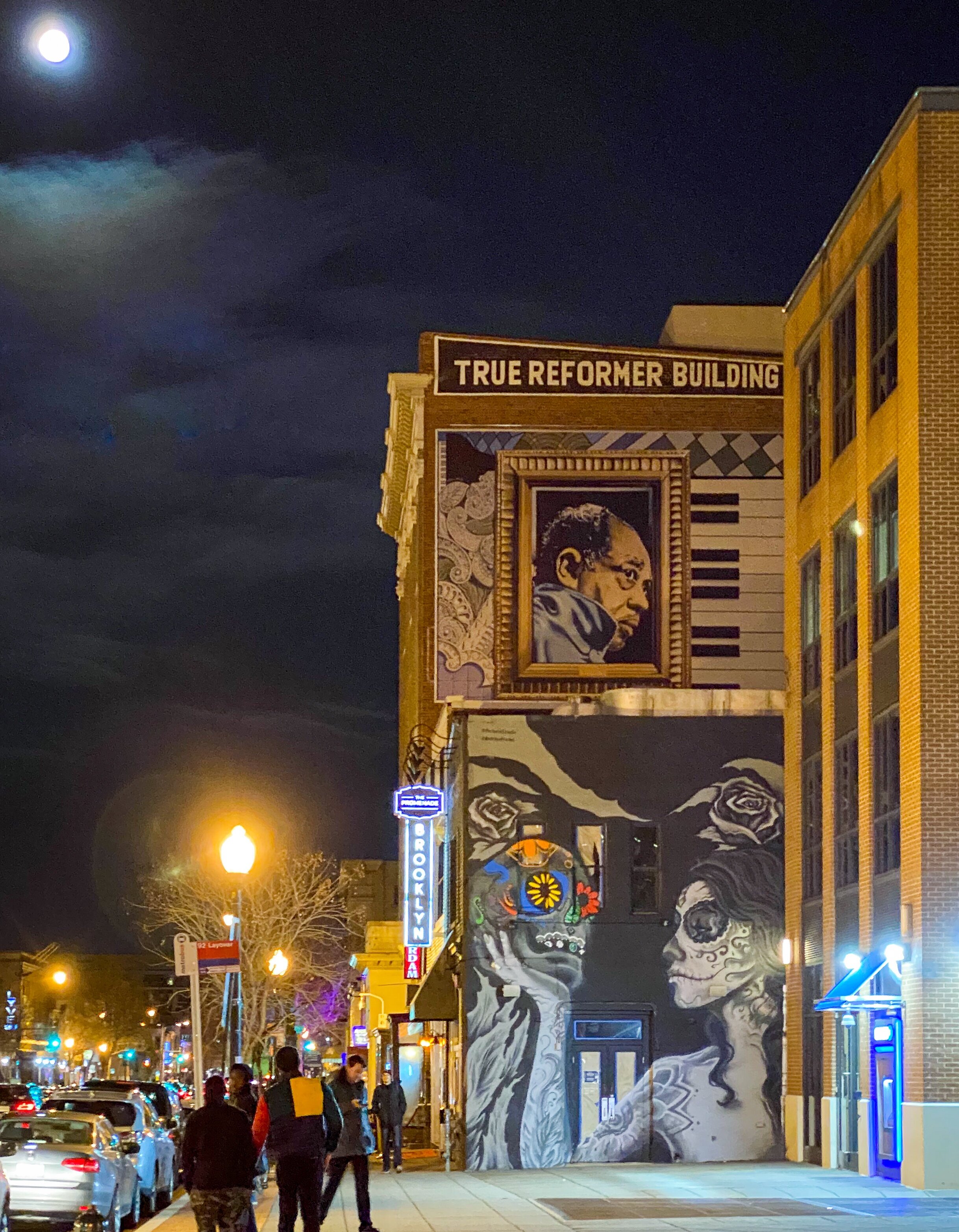True Reformers: From Alabama to U Street
Even before Industrial Bank or Southern Aid Society provided capital, financial services, and insurance plans for Black businesses on U Street, a fraternal organization by the name of True Reformers arrived from Richmond, Virginia to help lay the foundation of what would become Black Broadway.
By the time this building at 1200 U Street NW was dedicated in 1903, the Grand Fountain of the United Order of True Reformers was already one of the most successful Black owned enterprises in the United States.
The origins of the Three Reformers date back to temperance and William Washington Browne. Browne born as an enslaved person in Georgia. During the Civil War, he fought for the Union and after the war became a teacher. He grew to believe that alcohol was the great hindrance to Black wealth and vitality. Not surprisingly, even temperance organizations were segregated. Browne attempted to join the all white Alabama temperance society, Good Templars in 1874. They refused, but helped Browne charter Black chapters across the state under the name Grand Fountain. Browne became the leader of Grand Fountain and grew the chapters throughout and then beyond Alabama, fairly quickly.
Browne was invited to start a similar group in Richmond, Virginia in 1876. There, the mission evolved and expanded. By 1880, the Reformers group in Richmond had become much more than a temperance society. It had evolved into a self-help and mutual benefit organization with the goal of enabling Black members to live without help from the White community. That meant creating Black-focused services such as banking, insurance, and others restricted, segregated industries.
The Savings Bank of the Grand Fountain of the United Order of True Reformers opened in 1888 and was the first Black owned and Black operated financial institution to be chartered in the nation. It was so successful that during the Panic of 1893, they were the only Richmond bank that continued to honor checks. From there, Grand Fountain expanded their financial services offerings over the next quarter century to become arguably the most influential institution for Black commerce nationwide. Browne passed away of cancer in 1897, but by then the True Reformers was a self-sustaining organization with membership in the thousands.
In 1903 the True Reformers’ newly opened structure in Washington at 1200 U Street NW was America’s first to be solely owned by, financed by, designed by, and constructed by African Americans since Reconstruction. They offered a multitude of amenities and services to Black people in DC. Conference rooms, leased office space, a performance hall, and street level retail were all part of the vast offerings beyond financial services.
One of the first businesses to lease space on the ground level was Fountain Pharmacy, opening in 1905. For 12 years, the Fountain was operated by Dr. Amanda Gray who started her own business after graduating from Howard University and working as a pharmacist at the Woman’s Clinic, a care facility located, at the time, near 13th and T Streets NW.
Dr. Gray is thought to have been the first Black woman to own and operate a pharmacy in the city. Her store in the True Reformer building offered additional services such as laundry, mail, and even housed a telegraph office. Dr. Gray also produced a directory of emergency medical services in the city. Dr. Gray ran the Fountain Pharmacy until the death of her husband and fellow pharmacist Arthur in 1917.
During the fledgling first few years of what would become the “Black Broadway” era on U Street, the True Reformer building became known for hosting jazz concerts popular with both youth and adults.
In 1916 a young Duke Ellington played some of his first shows for money inside the rooms of True Reformer Hall, as it was colloquially known, thereby making him a professional musician. Just a year later in 1917, the True Reformers sold the building to the Knights of Pythias, who officially renamed it Pythias Hall, but the old name persists to this day.
Somewhat fittingly, the building is now home to the Public Welfare Foundation, a grant-making organization focused on social justice issues in the United States.
For more weekly DC history posts, photos, inside access to tour development, and more, support us on Patreon. Plans start at just $3/mo.
True Reformer building c. 1990s with its sole tenant, a Duron Paints store. (Library of Congress)
Busy U Street in late 2019.
Read more:
William Washington Browne and the True Reformers of Richmond, Virginia | JSTOR
A Family of Pharmacists | Library of Congress
William Washington Browne | Library of Virginia
Public Welfare Foundation | Public Welfare Foundation




